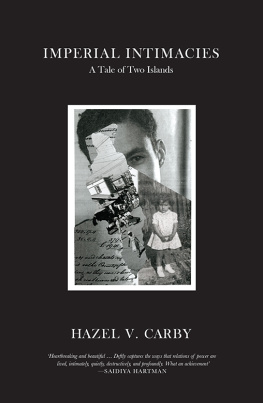Table of Contents
Enforcing
Freedom
Studies in Transgression
Studies in Transgression
EDITOR: DAVID BROTHERTON
FOUNDING EDITOR: JOCK YOUNG
The Studies in Transgression series will present a range of exciting new crime-related titles that offer an alternative to the mainstream, mostly positivistic approaches to social problems in the United States and beyond. The series will raise awareness of key crime-related issues and explore challenging research topics in an interdisciplinary way. Where possible, books in the series will allow the global voiceless to have their views heard, offering analyses of human subjects who have too often been marginalized and pathologized. Further, series authors will suggest ways to influence public policy. The editors welcome new as well as experienced authors who can write innovatively and accessibly. We anticipate that these books will appeal to those working within criminology, criminal justice, sociology, or related disciplines, as well as the educated public.
Terry Williams and Trevor B. Milton, The Con Men: Hustling in New York City
Christopher P. Dum, Exiled in America: Life on the Margins in a Residential Motel
Mark S. Hamm and Ramn Spaaij, The Age of Lone Wolf Terrorism
Peter J. Marina, Down and Out in New Orleans
David C. Brotherton and Philip Kretsedemas, editors, Immigration Policy in the Age of Punishment
Robert J. Durn, The Gang Paradox: Inequalities and Miracles on the U.S.-Mexico Border
Enforcing
Freedom
Drug Courts, Therapeutic Communities, and the Intimacies of the State
KERWIN KAYE
Columbia
University
Press
New York
Columbia University Press
Publishers Since 1893
New York Chichester, West Sussex
cup.columbia.edu
Copyright 2020 Columbia University Press
All rights reserved
E-ISBN 978-0-231-54709-3
Library of Congress Cataloging-in-Publication Data
Names: Kaye, Kerwin, author.
Title: Enforcing freedom : drug courts, therapeutic communities, and the intimacies of the state / Kerwin Kaye.
Description: New York : Columbia University Press, [2019] | Series: Studies in transgression | Includes bibliographical references and index.
Identifiers: LCCN 2019005950 | ISBN 9780231172882 (cloth : alk. paper) | ISBN 9780231172899 (pbk. : alk. paper) | ISBN 9780231547093 (ebook)
Subjects: LCSH: Drug addictsRehabilitationUnited States. | Drug courtsUnited States. | Discrimination in criminal justice administrationUnited States.
Classification: LCC HV5825 .K37 2019 | DDC 364.6dc23
LC record available at https://lccn.loc.gov/2019005950
A Columbia University Press E-book.
CUP would be pleased to hear about your reading experience with this e-book at .
Cover design: Milenda Nan Ok Lee
Cover image: Dan Henson / Alamy
Contents
A book of this sort is not accomplished by oneself, and I owe many debts to people who have helped me along the way. The mere process of gaining permission to sit in on court cases took an extended period, and it would not have been possible without the support of Justin Barry of the New York City Criminal Court, who generously approved this project and helped to move it through the state bureaucracy. Once I began the research process, an additional set of opportunities were offered that aided greatly in the project. At the drug court in which I conducted the majority of my research, the judge permitted me to not only attend pre-court sessions but to sit in the judges bench (a position that allowed me to hear the many huddled conversations in which the judge would quietly confer with lawyers or with drug court participants). The director of the drug courts administrative side was also extremely welcoming in giving me free range of the castle, not only helping me in finding any documents for which I might ask, but even offering a room in which I might conduct interviews with participants. Case managers at the court were generous not only in answering my many questions but in taking me under their wings and showing me how their end of the program worked. Though anonymity requires that I not use any specific names, I am especially grateful for the friendship offered me by DB, who allowed me to sit for many hours in her cubicle and share stories both related to the project and not. The welcoming atmosphere I experienced at the court greatly exceeded my expectations.
This generous attitude was also present at the treatment center at which I conducted the majority of my ethnography. Being given the ability to roam freely within a controlled facilityas well as occasional use of an office for interviewsis a rare experience, and I am indebted to the director of the program in particular for the opportunity. The people at the treatment center received me with a warmth that again surpassed any welcome I could have imagined. The staff members struck me as not only genuine, caring, funny, and deeply committed but as having tremendous personal integrity as well. I especially wish to thank B, L, F, and E for their great insights, assistance, and friendship.
The people undergoing treatment through both the drug court and the therapeutic community were of course the most central to the project, and I cannot adequately express the extent of my appreciation for the way in which many individuals opened their lives, sharing both jokes and challenging moments with me. Beyond our formal interviews, which sometimes involved a great deal of openness and candor, I felt privileged to be able to simply chat with them during quieter moments. I was especially grateful for the trust that was shown to me in revealing many of the behind-the-screen events and happenings within the facility. I am especially grateful for the friendship and comradery offered by AM, CM, I, and M, without whom this inquiry would have been both much less pleasant and less successful. Though this book is more of an institutional analysis than a study of individual lives, I hope that the work that follows successfully captures at least a part of what was most important to the residents who shared so meaningfully with me while passing through this program.
A debt of gratitude is also owed to the many others who also shared their perspectives and allowed me to interview them. Ranging from district attorneys and defense lawyers at the drug court to officials working at the New York State regulatory agency, OASAS, as well as to other professionals who have worked in other components of the criminal justice and treatment systems (whether as judges in drug courts, as program directors of treatment facilities or of other drug courts, as staff members, or as outside experts), I often relied upon the knowledge and wisdom of these experts and was grateful for their willingness to take time from their schedules to help educate this untutored student. A further debt of gratitude goes to several people who spoke with me about the Asklepieion program (a therapeutic community which ran from 1968 to 1972 in the maximum security prison at Marion, Illinois); though this material is found only in the dissertation and not this book, it formed a valuable point of reference for me in my thinking of the evolution of the TC, and I thank Edward Opton, Alan Eliado Gmez, CB, EG, LM, and PW for their thoughtful reflections. Additional thanks go to the program participants I interviewed at the court offices, who often gave me different perspectives than I heard through residents at the treatment facility. Anonymity again prevents me from naming anyone directly, but I want to thank each of them for helping me to better understand how the drug court/treatment system works at both formal and informal levels.



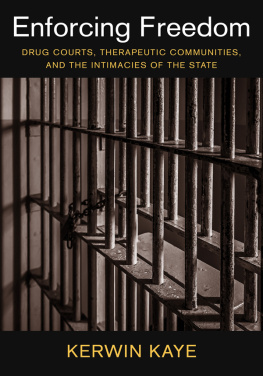




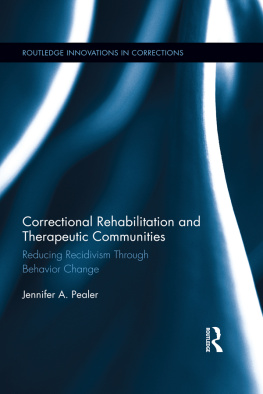
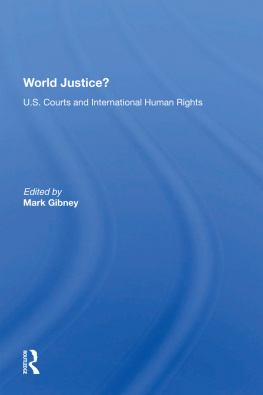
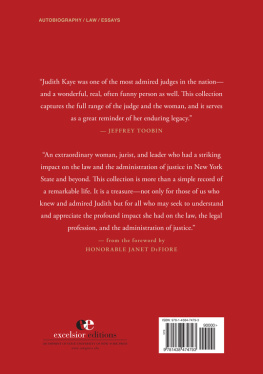

![Blackford - Freedom of religion [and] the secular state](/uploads/posts/book/167779/thumbs/blackford-freedom-of-religion-and-the-secular.jpg)
